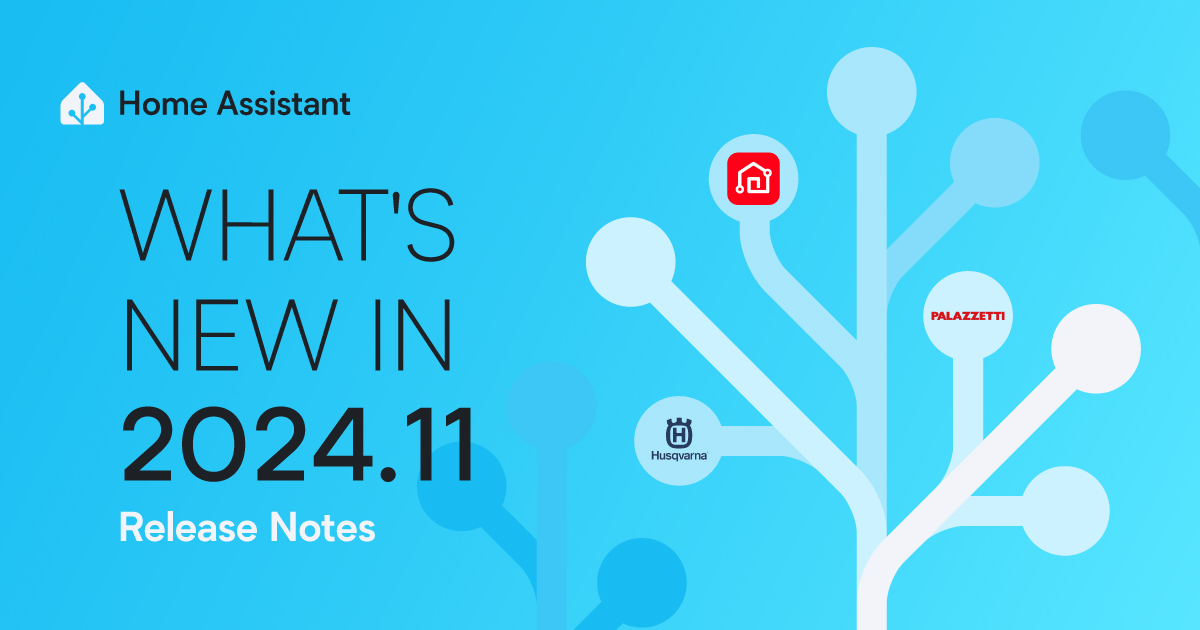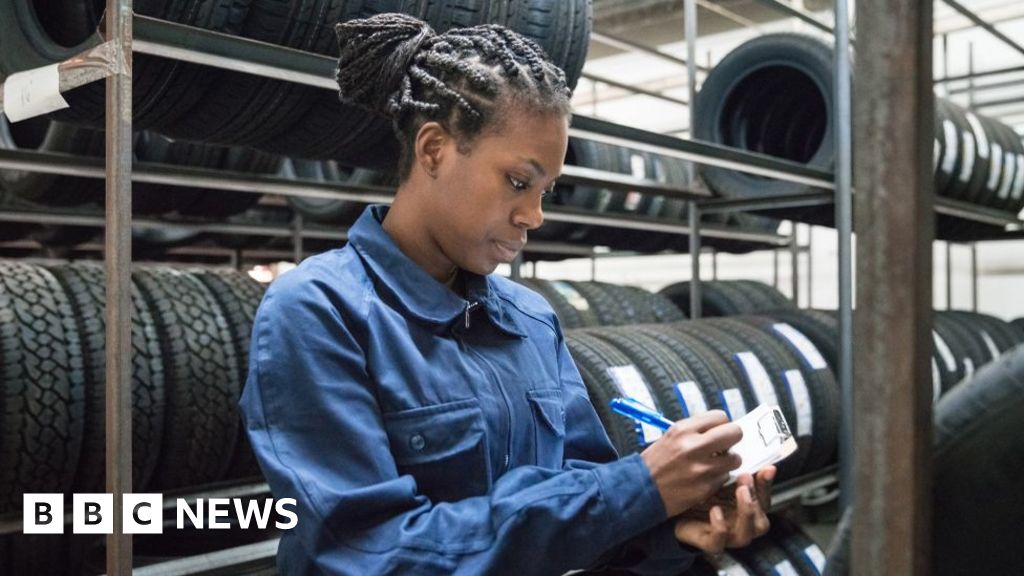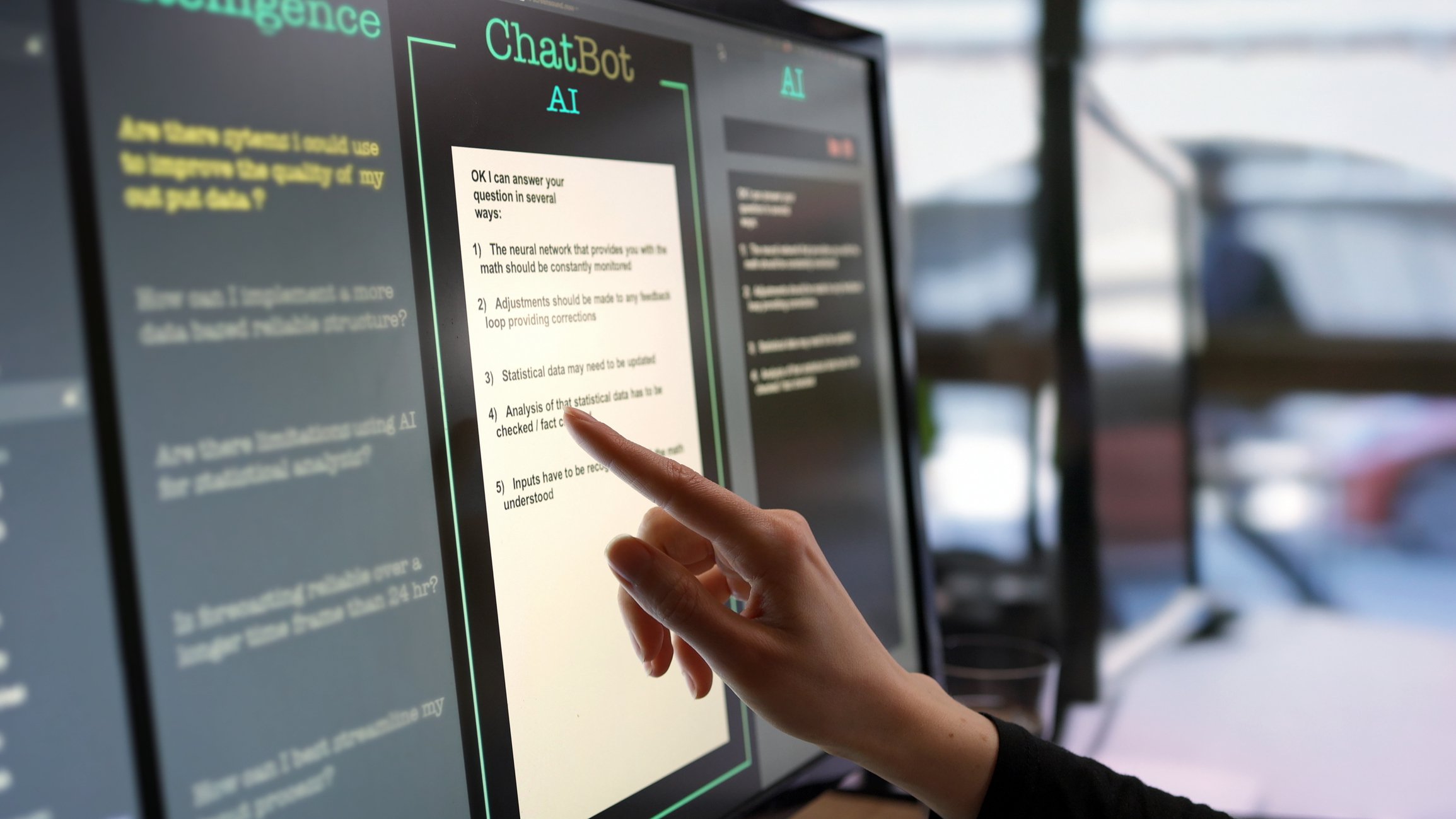- 118 Posts
- 78 Comments

 4·20 days ago
4·20 days agoFunctionally it’s harder to accidentally press on the bottom.
Although it’s also now harder to intentionally press too. It looks like a finger can fit under there, otherwise you’ll be flipping it over to power on.
I expect (at least) one party will eventually adopt Rejoin as a distinguishing policy, and maybe sooner rather later.
But the appetite for Rejoin will probably depend on the shape of the UK economy and the political direction of the EU in 10+ years. If the Starmer project really has been delivering tangible growth by then, people may feel Brexit has (inadvertently) “worked” in the end. If the EU achieves greater and greater integration in the UK’s absence it may seem less palatable to enough voters.
Both of those are also going to be influenced by external factors like the direction of a possible Trump second term, the outcome of the war in Ukraine etc.

 4·20 days ago
4·20 days agoI don’t think it’s the first time for Amazon either.

 30·27 days ago
30·27 days agoPrague had a large pneumatic post system which operated for 100+ years.

 34·29 days ago
34·29 days agoI honestly don’t know how they do it. Whenever I get handed someone else’s device without an adblocker I find it almost painful to try and use.

 2·2 months ago
2·2 months agoSo I’ve heard they have already switched eBay in Germany to this no-fee system. It proved more profitable for eBay because private sellers who accrue an eBay balance from sales were in turn more likely to spend it on eBay.

 1·2 months ago
1·2 months agoPresumably this adds more cost and complexity to buying and installing appliances though if they have to integrate into these systems, which I’m guessing aren’t currently well standardised.
It’s an interesting idea nonetheless. I’ve heard of other projects using excess heat from large data centres to provide energy for district heating systems.

 4·2 months ago
4·2 months agoThe current population of the UK is somewhere around 68 million.
Thats enough people that you could probably find “dozens” who would say yes to just about anything.

 15·2 months ago
15·2 months agoI think the difference here is that medical reference material is based on long process of proven research. It can be trusted as a reliable source of information.
AI tools however are so new they haven’t faced anything like the same level of scrutiny. For now they can’t be considered reliable, and their use should be kept within proper medical trials until we understand them better.
Yes human error will also always be an issue, but putting that on top of the currently shaky foundations of AI only compounds the problem.
The challenge for Ladybird and other independent browser projects is the enormous size and scope required of modern browsers, which is also still growing. Web browsers are now probably second only to operating systems in complexity in the personal computing space.
Plus even if they do reach technical maturity, they still have to convince people to use it. That’s not been going very well for Mozilla, and they already have a working browser.
Safari is more energy efficient on macOS compared to other browsers.
But like it or not the (artificial) hold Safari has over the iOS/iPadOS ecosystem is the only thing stopping a complete Google hegemony over the web browser market.
Mozilla is circling the drain and the few nascent new browser projects are years away from technical maturity and may never establish any meaningful market share anyway.
You’re never lonely with all your Demodex friends.
They are fairly crap as a hand dryer too.

 29·2 months ago
29·2 months agoThe carbrained can’t see cycling as a form of transport, only as a type of exercise. In their minds people only cycle to cycle, not to fulfil other tasks. Only cars are for going places, like shopping.
With RFC 1149, this would still work now.
According to the internet, he did it at university, eating nothing but mince, chicken, and mayonnaise for about 2 months. He did so to annoy other students in his classes who were vegan or vegetarian.
I’ve actually heard a few stories of uni students getting scurvy, although they were because they either didn’t know how to cook or couldn’t afford food.
They are more comfortable than they look. The lack of a second analogue stick is a big limitation though.
There was a prototype VMU MP3 player in the works before the Dreamcast was discontinued, alongside a music store.
Sega also produced a digital camera for the Dreamcast, the DreamEye.
The tech world could have looked very different if the Dreamcast went differently for Sega.

 4·2 months ago
4·2 months agoHaving a holiday threshold sounds like a good idea. Allow a set amount of days and fine beyond that to discourage excessive absence.
So long as it’s not during exams or something I can’t see the harm in allowing a 1-2 week holiday a year. It would be much fairer and more flexible for families, and less complicated than things like different areas having staggered term dates
























For any form of federated community to be sustainable, its users have to care about that. Otherwise those communities will eventually be consumed by whichever instance gains the critical mass to close itself off and become another Twitter or Reddit.
To achieve the benefits of federation, users must be educated on principles of federation, not be obfuscated from them. The question is how the Fediverse can do that.